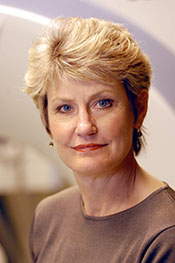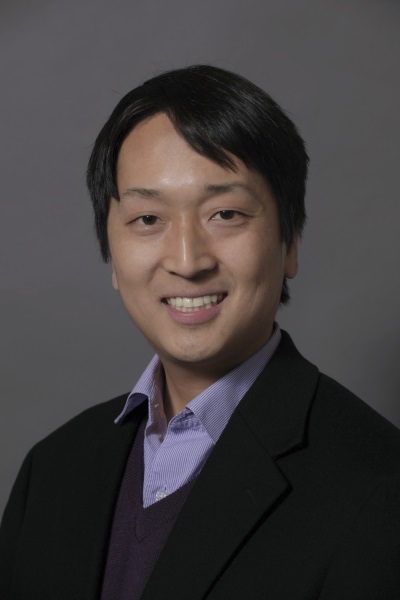Program Information
CT Lung Cancer Screening and the Medical Physicist: Moving Forward
D Aberle*, W Hsu*, M McNitt-Gray*, UCLA School of Medicine, Los Angeles, CA
Presentations
WE-D-207-0 (Wednesday, July 15, 2015) 11:00 AM - 12:15 PM Room: 207
In the United States, Lung Cancer is responsible for more cancer deaths than the next four cancers combined. In addition, the 5 year survival rate for lung cancer patients has not improved over the past 40 to 50 years. To combat this deadly disease, in 2002 the National Cancer Institute launched a very large Randomized Control Trial called the National Lung Screening Trial (NLST). This trial would randomize subjects who had substantial risk of lung cancer (due to age and smoking history) into either a Chest X-ray arm or a low dose CT arm. In November 2010, the National Cancer Institute announced that the NLST had demonstrated 20% fewer lung cancer deaths among those who were screened with low-dose CT than with chest X-ray. In December 2013, the US Preventive Services Task Force recommended the use of Lung Cancer Screening using low dose CT and a little over a year later (Feb. 2015), CMS announced that Medicare would also cover Lung Cancer Screening using low dose CT. Thus private and public insurers are required to provide Lung Cancer Screening programs using CT to the appropriate population(s). The purpose of this Symposium is to inform medical physicists and prepare them to support the implementation of Lung Screening programs. This Symposium will focus on the clinical aspects of lung cancer screening, requirements of a screening registry for systematically capturing and tracking screening patients and results (such as required Medicare data elements) as well as the role of the medical physicist in screening programs, including the development of low dose CT screening protocols.
Learning Objectives:
1. To understand the clinical basis and clinical components of a lung cancer screening program, including eligibility criteria and other requirements.
2. To understand the data collection requirements, workflow, and informatics infrastructure needed to support the tracking and reporting components of a screening program.
3. To understand the role of the medical physicist in implementing Lung Cancer Screening protocols for CT, including utilizing resources such as the AAPM Protocols and the ACR Designated Lung Screening Center program.
Funding Support, Disclosures, and Conflict of Interest: UCLA Department of Radiology has an Institutional research agreement with Siemens Healthcare; Dr. McNitt-Gray has been a recipient of Research Support from Siemens Healthcare in the past. Dr. Aberle has been a Member of Advisory Boards for the LUNGevity Foundation (2011-present) and Siemens Medical Solutions. (2013).
Contact Email:







